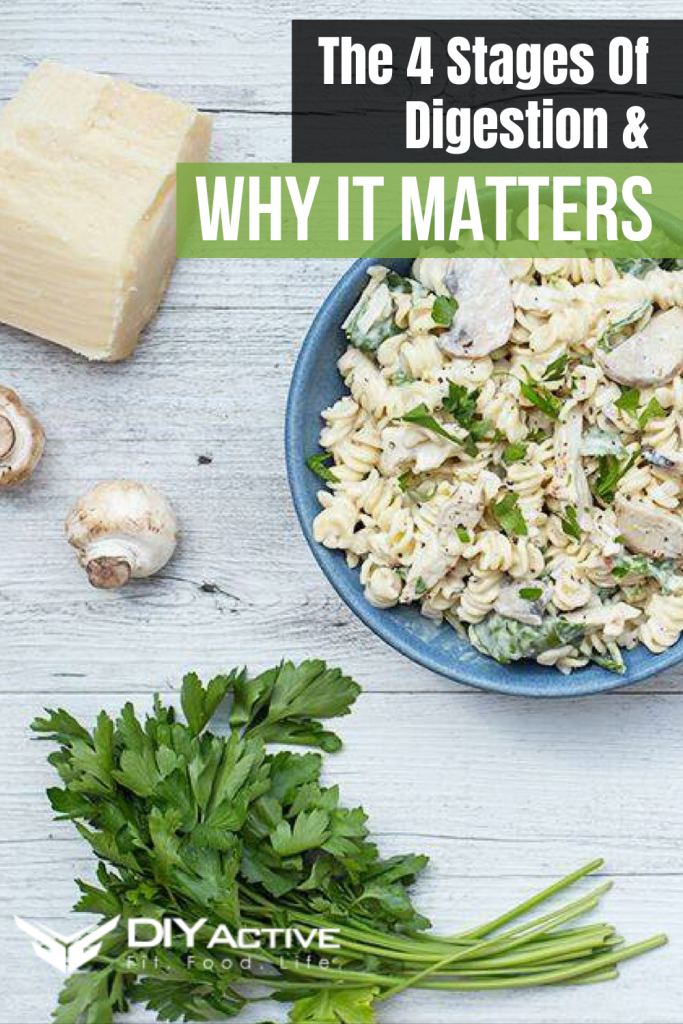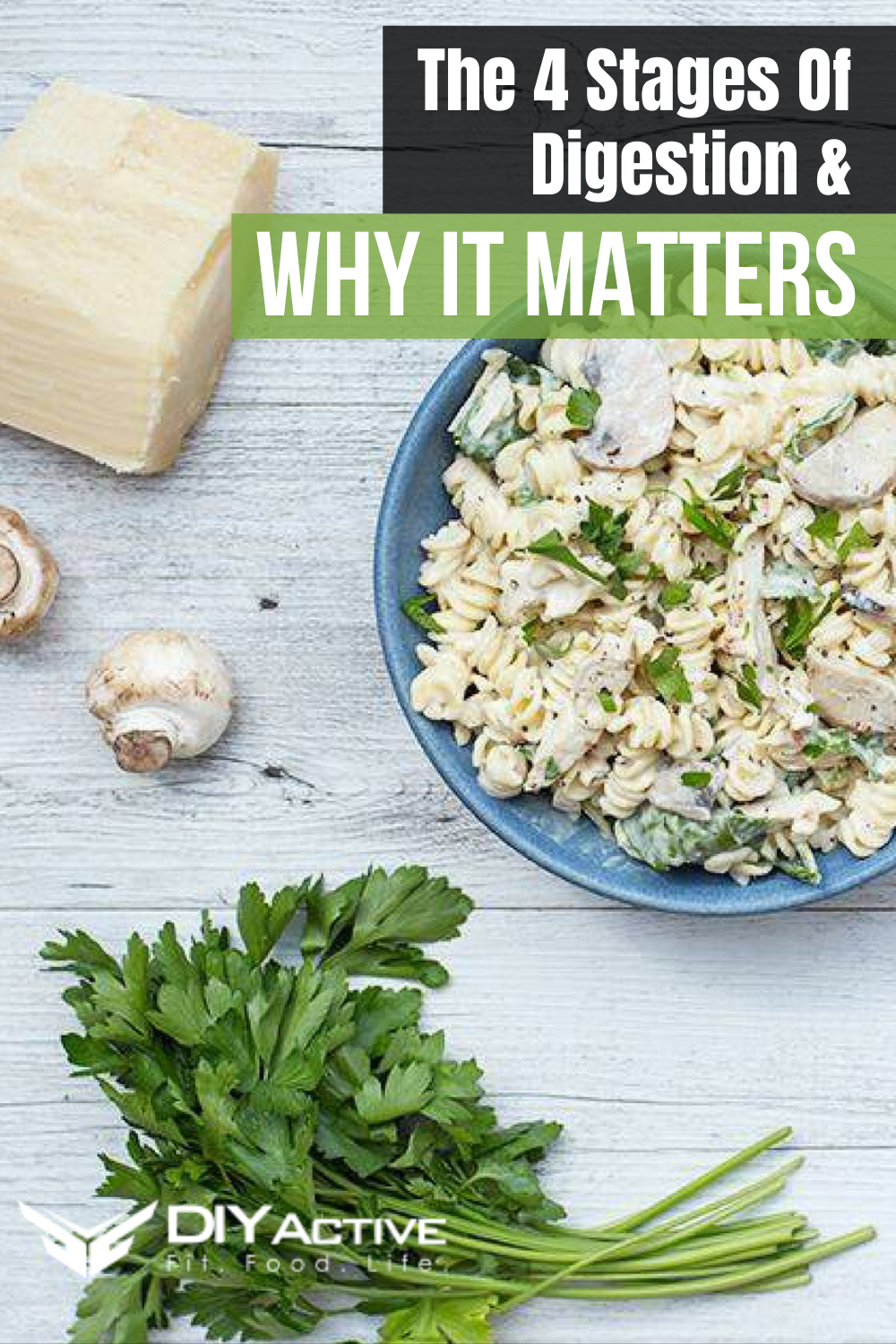
4 Stages Of Digestion
Food shapes a huge part of our lives. But, have you ever wondered what happens to it once you’ve eaten it? If so, you’re in the right place. Every bit of food you eat gets broken down into smaller particles by your digestive tract. By breaking the food down, your body cleverly absorbs the nutrients it needs and figures out what is waste.
Why do the stages of digestion matter
There are four stages to be aware of when it comes to food processing. This guide will take you through the timeline of digestion, helping you to understand exactly what goes on in your body when eating tasty foods!
The 4 Main Stages Of Digestion
1. Ingestion
The first stage of the food processing process is ingestion. From the second you put food into your mouth, your teeth begin to break it apart.
As the food gets broken up into small pieces, saliva starts to secrete from your salivary glands, lubricating the particles. Once you swallow, the food particles travel down the esophagus and into the stomach.
2. Digestion
When the food reaches your stomach, it stays stored there until it can access the small intestine. During this time, the stomach ‘churns’ the food, mechanically breaking it down into even smaller particles.
The glands in your stomach also secrete the enzyme pepsin, which helps to break down the proteins in your food.
As soon as the food makes its way into your small intestine, bile salts produced by your liver help to break down the fats in the food. Enzymes secreted by the pancreas assist here, breaking down the rest of the proteins, fats, and carbohydrates.
3. Absorption of Nutrients
 Once the majority of large nutrients have been broken down by the stomach and small intestine, your cells get to work on absorbing the rest.
Once the majority of large nutrients have been broken down by the stomach and small intestine, your cells get to work on absorbing the rest.
The cells in the lining of your small intestine absorb nutrients and vitamins, passing them through to your bloodstream. It is then your blood that carries the nutrients to the rest of your body, where they can be stored or used appropriately.
4. Egestion
Lastly – the not so pleasant (but perfectly natural!) stage; egestion. By this stage, the remaining product is considered waste.
Your body cannot absorb or digest anything else, leaving it down to your large intestine to turn it into a solid stool. The stool then waits in the rectum before passing through when you go to the toilet.
Problems With The Digestive System
Unfortunately, the digestive process doesn’t always go as smoothly as planned. According to the NHS (2021), around 4 in 10 people have at least one digestive symptom at any one time! Symptoms of poor digestion include:
- Constipation
- Diarrhea
- Heartburn
- Bloating
- Stomach ache
These symptoms are most commonly caused by the type of foods you have eaten. However, lifestyle habits and stress can also influence your digestive process.
Wrap-Up
These problems are often harmless and can go away on their own, but if symptoms persist, it’s wise to visit your doctor.
You may also benefit from taking turmeric tablets; turmeric is a spice with many beneficial properties – it is most commonly known for contributing to the normal function of the immune system.



